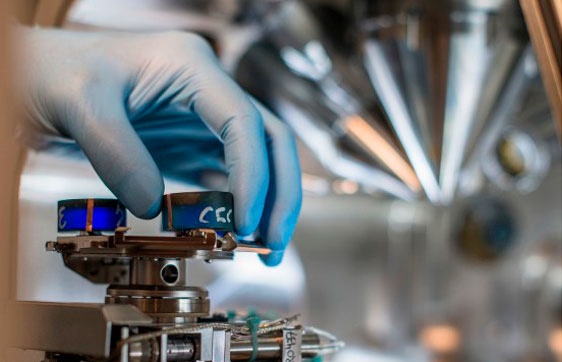Joining forces for sustainable mobility
Joining forces for sustainable mobility
Through our investment fund Repsol Corporate Venturing, we seek out, support, and join forces with small and large businesses that share our vision of mobility and who agree that together we can go further.


-lpr.jpg.transform/rp-rendition-md/image.jpg)
-lpr.jpg.transform/rp-rendition-md/image.jpg)
-lpr.jpg.transform/rp-rendition-md/image.jpg)








.png.transform/rp-rendition-md/image.png)


